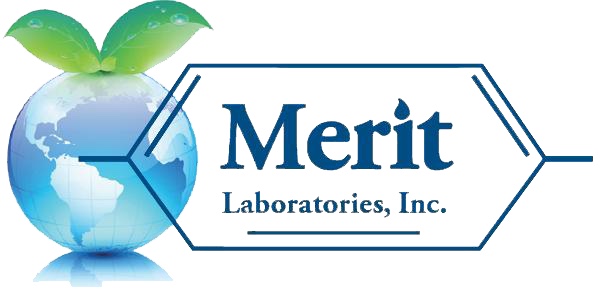The U.S. Environmental Protection Agency (EPA) announced the agency’s comprehensive Strategic Roadmap to address PFAS contamination nationwide. The EPA’s Roadmap focuses on three main strategies:
Increase investments in research,
Leverage authorities to take action now to restrict PFAS chemicals from being released into the environment, and
Accelerate the cleanup of PFAS contamination.
“This comprehensive, national PFAS strategy will deliver protections to people who are hurting, by advancing bold and concrete actions that address the full lifecycle of these chemicals,” said EPA Administrator Michael S. Regan. “Let there be no doubt that EPA is listening, we have your back, and we are laser focused on protecting people from pollution and holding polluters accountable.”
The PFAS RoadMap commits to the agency’s mission to protect public health and the environment and calls for action on these forever chemicals. As part of the Roadmap, the EPA announced the creation of a new national testing strategy that requires PFAS manufacturers to provide the EPA with toxicity data and information on categories of PFAS chemicals. The PFAS to be tested will be selected based on an approach that breaks the large number of PFAS today into smaller categories based on similar features and considers what existing data are available for each category. The Strategic Roadmap includes the following:
Aggressive timelines to set enforceable drinking water limits under the Safe Drinking Water Act to ensure safe drinking water in every community.
A hazardous substance designation under CERCLA, to strengthen the ability to hold polluters financially accountable.
Timelines for action — whether it is data collection or rulemaking — on Effluent Guideline Limitations under the Clean Water Act for nine industrial categories.
A review of past actions on PFAS taken under the Toxic Substances Control Act to address those that are insufficiently protective.
Increased monitoring, data collection and research so that the agency can identify what actions are needed and when to take them.
A final toxicity assessment for GenX, which can be used to develop health advisories that will help communities make informed decisions to better protect human health and ecological wellness.
Continued efforts to build the technical foundation needed on PFAS air emissions to inform future actions under the Clean Air Act.
EPA’s Strategic Roadmap is a critical step forward in addressing PFAS pollution. President Biden has called for more than $10 billion in funding to address PFAS contamination. These resources will allow the EPA and other federal agencies to increase the research and work, to meet the scale of the PFAS challenge.
Merit Laboratories is a leading national PFAS environmental laboratory, analyzing drinking water, soil, wastewater, groundwater, and other sample matrices, including biosolids and sludge. Analytical methods performed by Merit for PFAS include drinking water by EPA 533, EPA 537.1, and EPA 537 rev. 1.1, biosolids by ASTM D7968-17 with Isotopic Dilution, and soil, wastewater, groundwater, and surface water by ASTM D7979-19 with Isotopic Dilution and ASTM D7968-17.

